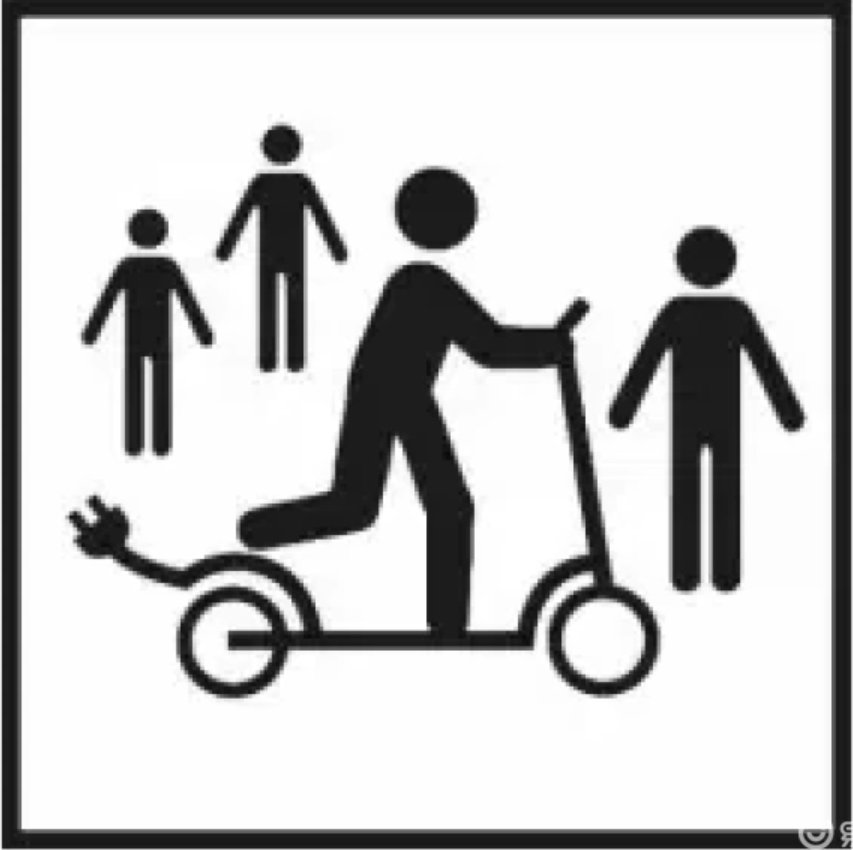### **Guide to Assembling an Electric Two-Wheeler**
#### **1. Preparation**
**Tools Required:**
– Screwdriver (Phillips and flathead)
– Allen wrench set
– Socket wrench set
– Pliers
– Adjustable wrench
– Torque wrench
– Scissors or wire cutters
– Electrical tape
– Zip ties
**Components:**
– Electric motor
– Battery pack
– Frame
– Front and rear wheels
– Handlebars
– Brake levers and cables
– Throttle assembly
– Controller
– Display unit
– Pedals (if applicable)
– Chain or belt
– Charger
– Bolts, nuts, and washers
#### **2. Frame Assembly**
1. **Unpack the Frame:**
– Remove the frame from the packaging and inspect for any damage.
– Place the frame on a stable, flat surface for assembly.
2. **Attach the Front Fork:**
– Insert the front fork into the head tube of the frame.
– Secure it with the headset bearings, spacers, and top cap.
– Tighten the top cap and stem bolts using the Allen wrench.
3. **Install the Handlebars:**
– Attach the handlebars to the stem.
– Align the handlebars and tighten the bolts on the stem clamp.
#### **3. Wheel Assembly**
1. **Install the Rear Wheel:**
– Align the rear wheel with the dropouts on the frame.
– Insert the axle into the dropouts and secure it with nuts and washers.
– Tighten the nuts with a socket wrench.
2. **Install the Front Wheel:**
– Align the front wheel with the dropouts on the front fork.
– Insert the axle and secure it similarly to the rear wheel.
3. **Adjust the Wheels:**
– Ensure both wheels spin freely and are aligned correctly.
– Adjust the tension of the spokes if necessary.
#### **4. Brake System Installation**
1. **Attach the Brake Levers:**
– Mount the brake levers on the handlebars.
– Secure them in place with the provided bolts.
2. **Install the Brake Calipers:**
– Attach the front and rear brake calipers to their respective mounts on the frame and fork.
– Use the appropriate bolts to secure them.
3. **Connect the Brake Cables:**
– Run the brake cables from the levers to the calipers.
– Attach the cables to the calipers and adjust the tension to ensure proper braking.
#### **5. Motor and Battery Installation**
1. **Install the Electric Motor:**
– If the motor is hub-mounted, ensure it’s securely attached to the wheel hub.
– If mid-drive, mount it to the designated area on the frame.
2. **Install the Battery Pack:**
– Place the battery pack in its designated area on the frame.
– Secure it with the provided brackets and bolts.
– Ensure the battery is properly aligned and securely fastened.
3. **Connect the Motor and Battery:**
– Attach the motor’s power cable to the battery’s output connector.
– Ensure the connection is tight and secure.
#### **6. Throttle and Controller Installation**
1. **Mount the Throttle:**
– Attach the throttle assembly to the handlebars.
– Secure it with the screws provided.
2. **Install the Controller:**
– Mount the controller to the frame using the provided brackets or screws.
– Ensure it’s in a location that is protected from water and debris.
3. **Connect the Wiring:**
– Connect the throttle, brake sensors, and motor to the controller.
– Use zip ties to secure the wiring neatly along the frame.
#### **7. Display Unit Installation**
1. **Mount the Display:**
– Attach the display unit to the handlebars.
– Secure it with the provided clamp or screws.
2. **Connect the Display:**
– Plug the display unit into the controller.
– Ensure the connection is firm.
#### **8. Pedal and Chain/Belt Installation**
1. **Install the Pedals:**
– Attach the left and right pedals to the crank arms.
– Use a wrench to tighten them securely.
2. **Install the Chain/Belt:**
– If your bike uses a chain, loop it around the sprockets and join the ends.
– For a belt drive, ensure the belt is properly tensioned and aligned.
#### **9. Final Adjustments**
1. **Check All Connections:**
– Ensure all electrical connections are secure and properly insulated.
– Double-check that all bolts, nuts, and screws are tight.
2. **Adjust the Seat and Handlebars:**
– Set the seat height and handlebar position to a comfortable level.
– Tighten the adjustment bolts.
3. **Test the Brakes and Throttle:**
– Squeeze the brake levers to ensure they engage properly.
– Test the throttle to confirm smooth acceleration.
#### **10. Initial Power-Up and Testing**
1. **Charge the Battery:**
– Connect the charger to the battery and plug it into a power source.
– Allow the battery to charge fully before the first ride.
2. **Turn on the System:**
– Power on the bike using the main switch or button.
– Check that the display lights up and shows the correct information.
3. **Test Ride:**
– Take the bike for a short test ride.
– Check for any unusual noises, vibrations, or issues.
– Ensure that the motor, brakes, and throttle are functioning correctly.
#### **11. Maintenance Tips**
– Regularly check tire pressure and tread wear.
– Inspect the brake pads and adjust or replace them as needed.
– Keep the chain or belt lubricated and properly tensioned.
– Periodically check the battery’s charge level and performance.
– Clean the bike regularly to prevent dirt and debris buildup.
This guide should help you successfully assemble your electric two-wheeler. Always follow safety precautions and consult the manufacturer’s manual for specific instructions related to your model.
2-252x57.png)
